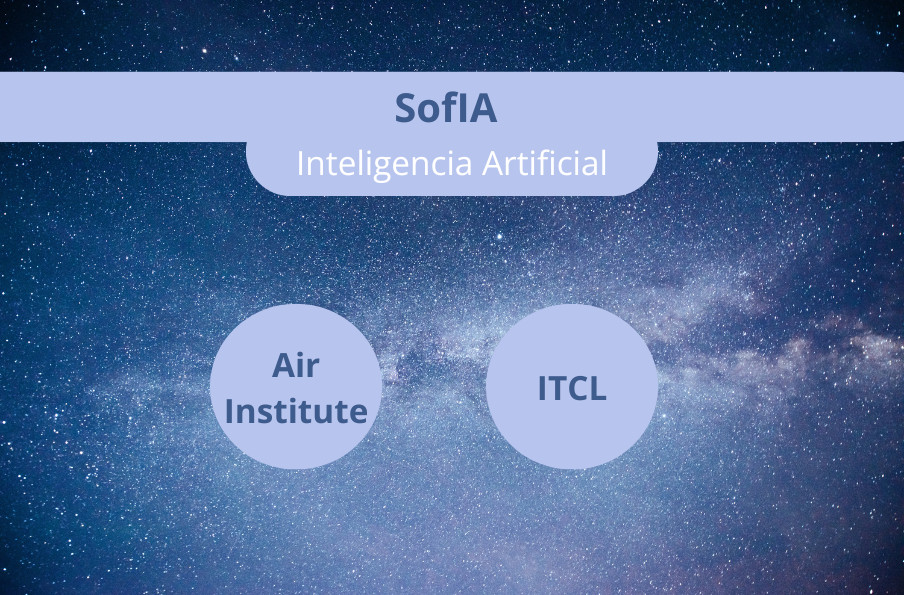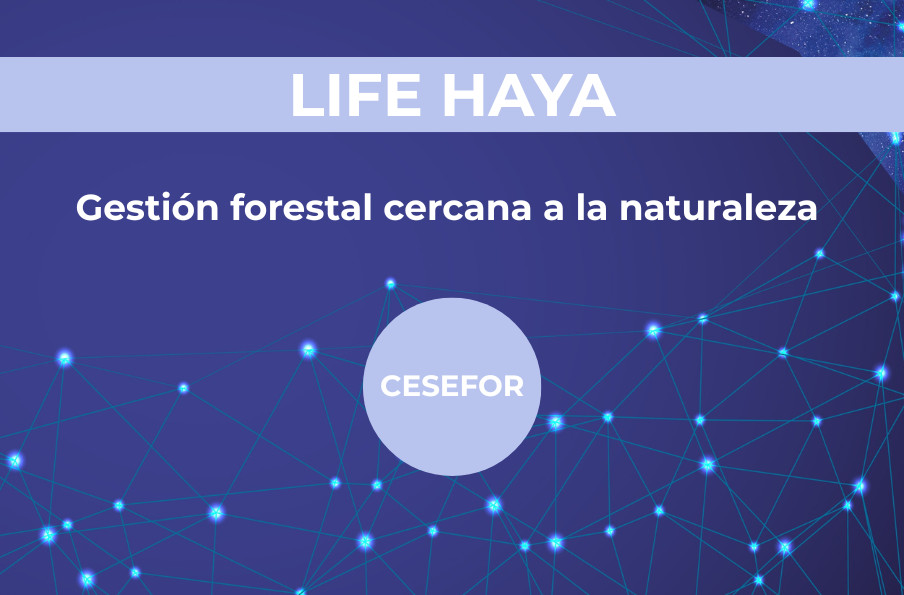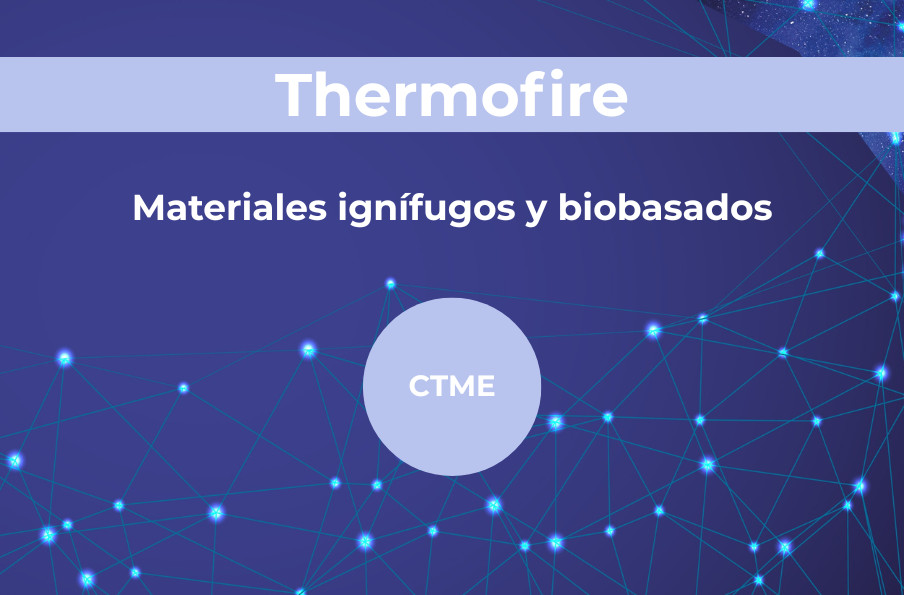NODDO announces its adhesion to the Circular Economy Pact of Castilla y León, thus ratifying its continued commitment to the promotion of sustainable and environmentally responsible business practices.
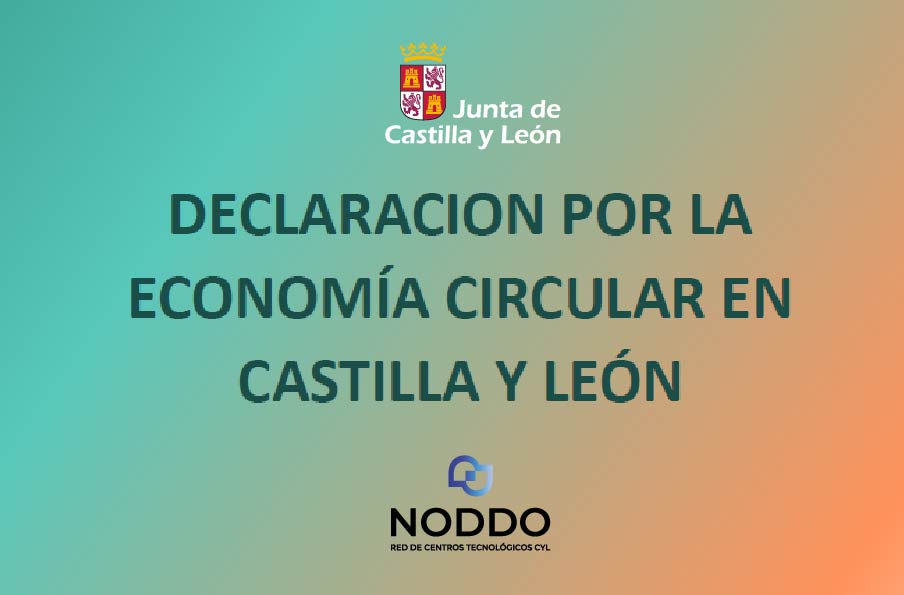
With this adhesion, NODDO joins a community at the forefront of the sustainable economy, which aims to achieve “zero waste” by 2050. This pact, promoted by the Junta de Castilla y León, seeks to encourage the adoption of business models that minimize environmental impact and promote sustainability throughout the region.
The pact has been signed by a total of 81 entities, including 41 companies, 33 social entities, chambers of commerce, universities, professional associations, technology centers, and 7 local entities. These entities collaborate in the European Commission’s Circular Cities and Regions Initiative, which has selected Castilla y León as one of the 12 pilot territorial entities to implement the circular economy acceleration model.
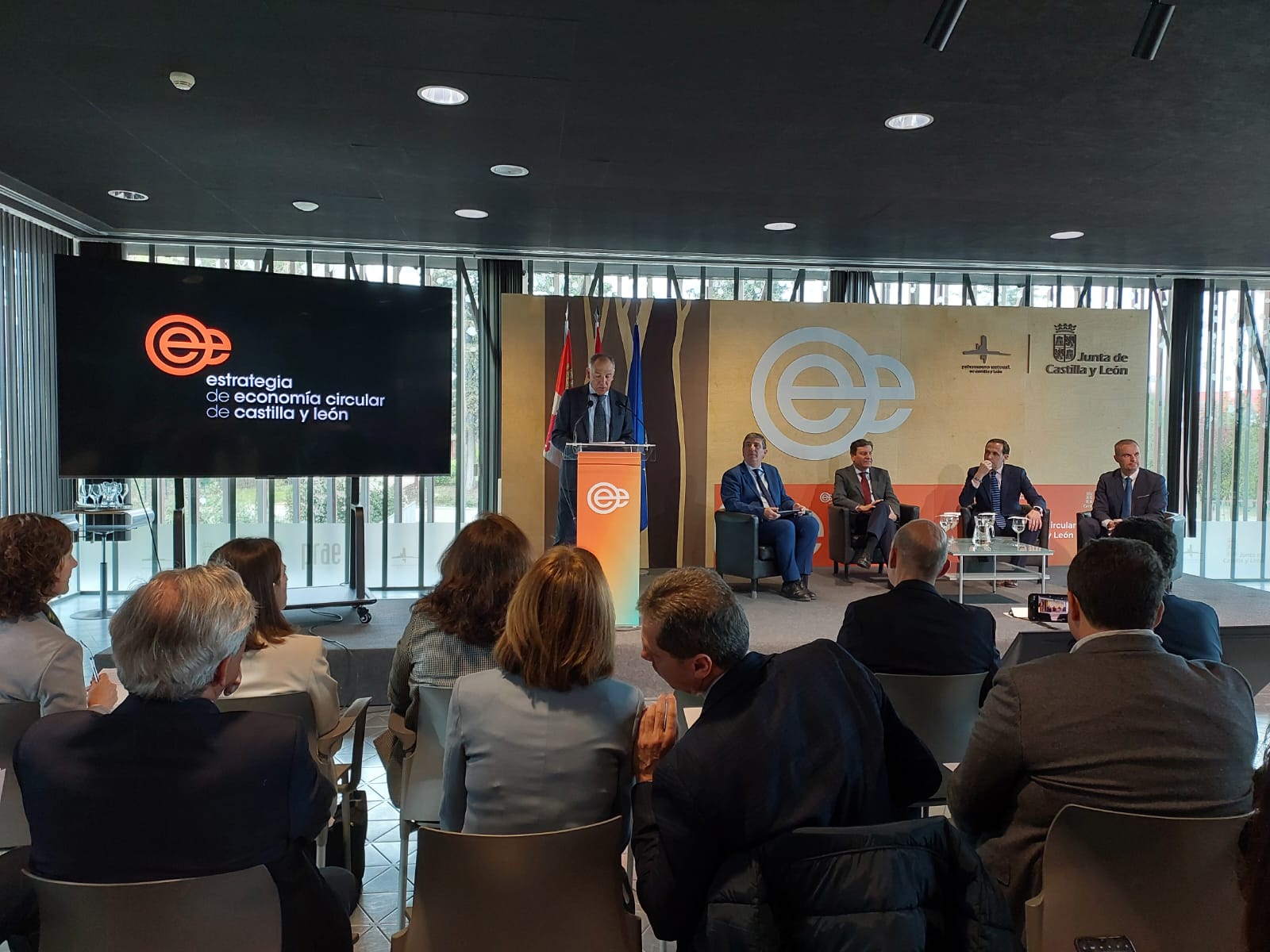
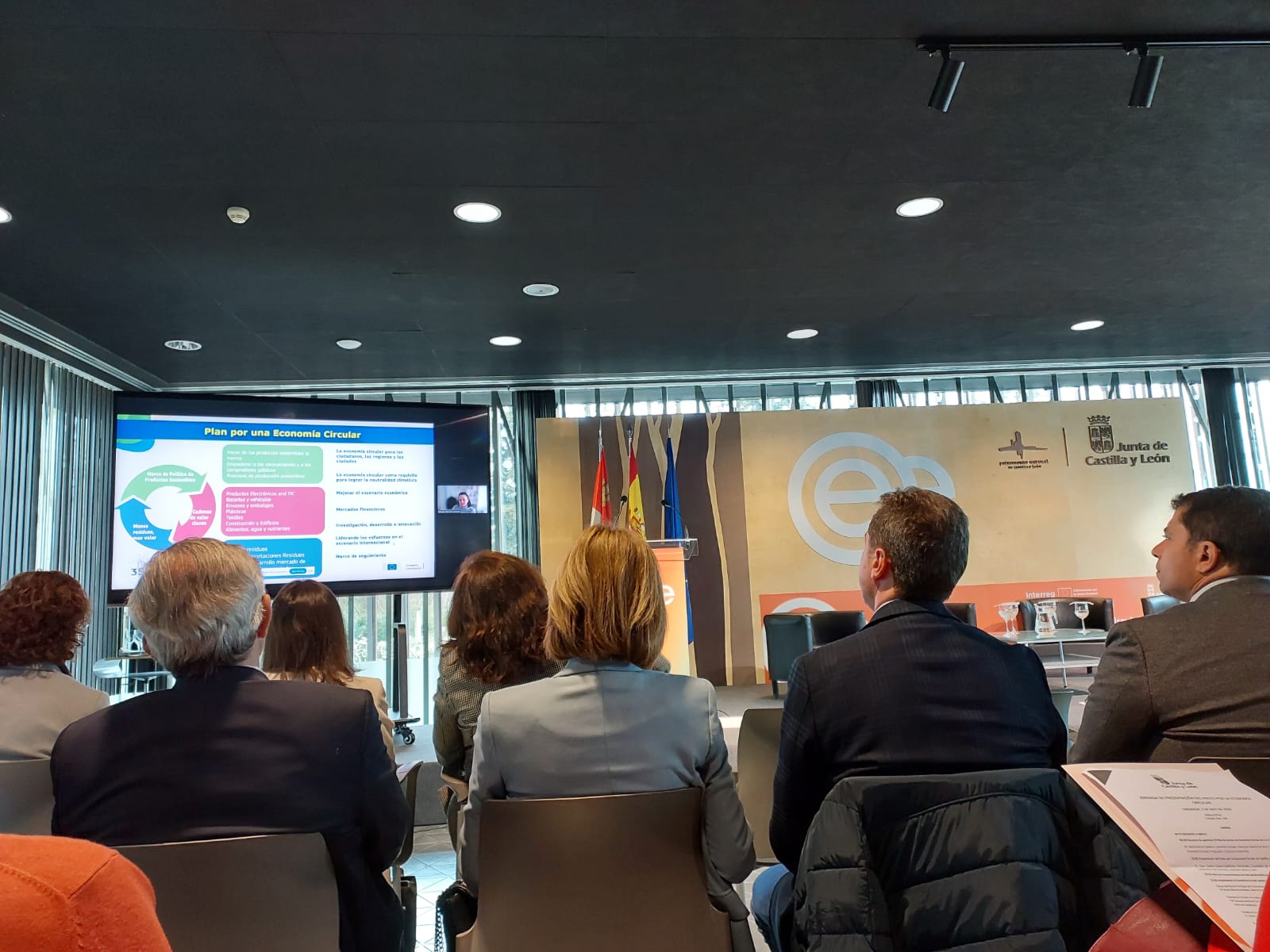
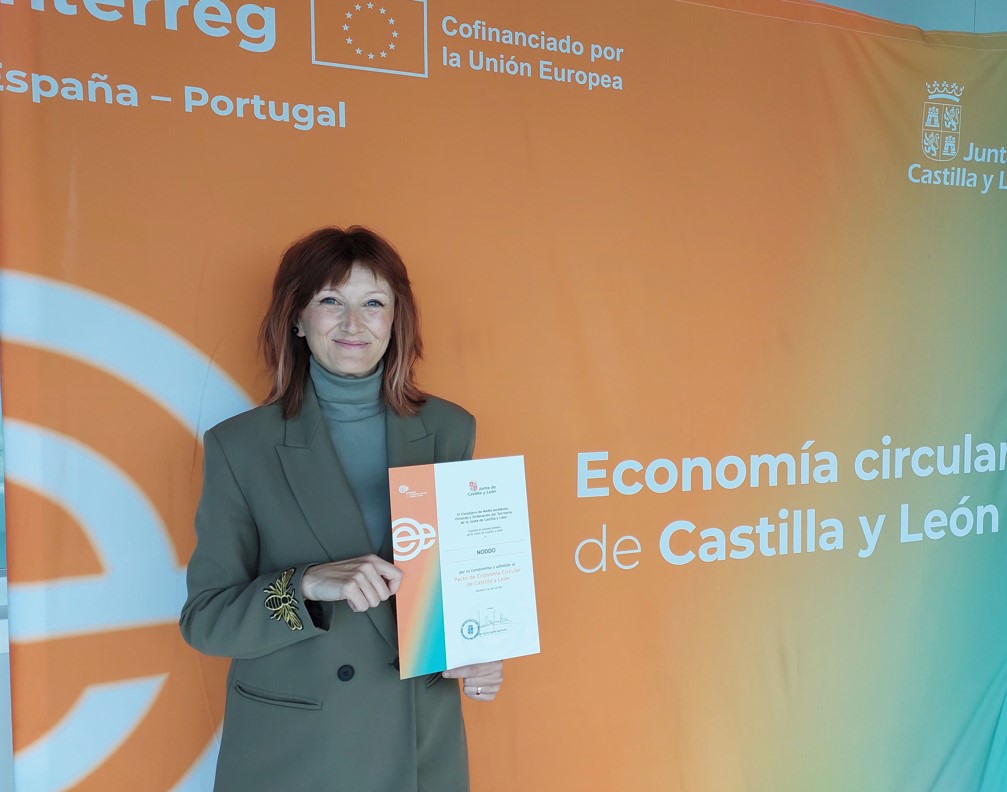
NODDO’s adhesion to the Circular Economy Pact of Castilla y León reinforces its commitment to sustainability, the transition to the circular economy in its own field of action, and collaboration with other organizations and authorities. Including the technological centers adhered to the pact Cartif, CETECE, Cidaut, CTME, ICAMCyL and ITCL.
The measures highlighted in the decalogue of the pact include promoting R&D&I to develop new materials, processes and products that are more efficient in the use of resources, with special attention to the bioeconomy, promoting economic growth decoupled from the consumption of materials, reducing material and energy intensity, as well as exploring opportunities for collaboration and synergies with other entities in a framework of industrial and territorial symbiosis, or raising awareness of circular economy and disseminating good practices that inspire society.
With this initiative, NODDO reaffirms, together with the technology centers of Castilla y León, its commitment to work together with various entities to promote the transition to a more circular and sustainable economic model, thus contributing to the development of the Sustainable Development Goals of the 2030 Agenda.



